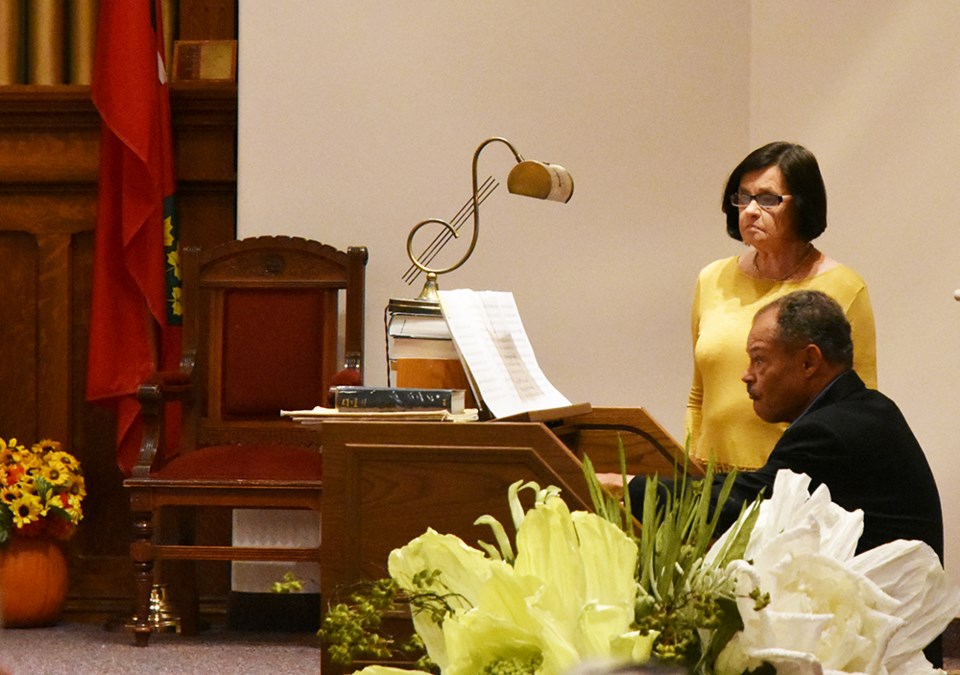Postcard Memories is a series of historic views, stories, and photos of Bradford and the area, a trip down memory lane on a Saturday morning.
In front of St. John's Presbyterian Church sit a set of organ pipes on display from Andrew Carnegie.
According to an article from the Owen Sound Times, Carnegie had purchased 7,689 pipe organs, with 124 of them being in Canada.
In 1915, the pipe organ was installed at the St. John's Presbyterian Church in Bradford West Gwillimbury, with a portion of the cost paid for by the Carnegie Foundation. The organ appeared to be in use until the 1960s until a new Baldwin organ was purchased as a replacement. Although not in use, they remained at the front of the church until it was sold to the Trinity Anglican Church in the 2000s.
The congregation was surveyed on what to do with the pipes. A suggestion was received that a letter be sent to the Carnegie Foundation in New York to assist the church in relocating the organ pipes to the new church while restoring them. In 2002, the church received word back that unfortunately the Carnegie Foundation could not assist with the request but the congregation had them moved to the new church anyway in 2004.
The organs remained decorative in the church until the church committee decided to enlist the help of Gary Schmidt from Kitchener, Ont., to digitally activate the pipes. In 2018, with the help of digital technology, the pipes were voiced electronically and for the first time in years provided sound.
To celebrate, a concert was arranged by Schmidt featuring Richard Birney-Smith on the organ.
From the richness of Johann Sebastian Bach's Toccata and Fugue in D Minor, to the refinement of French organ music from the seventeenth and eighteenth centuries, English ecclesiastical works, and the powerful twentieth-century piece Carillon de Westminster by Louis Vierne, every work demonstrated a different aspect of the organ.
Andrew Carnegie's "benefaction” is the gift that keeps on giving.
The pipes have been the backdrop for services, weddings, funerals, and other celebrations for years.
-With files from Daniel Scott, Minister of St. John's Presbyterian Church, BWG, as published in Journal of the Royal Canadian College of Organists and Miriam King



